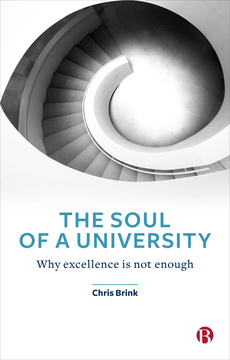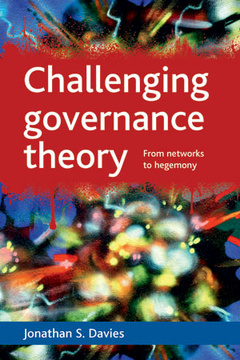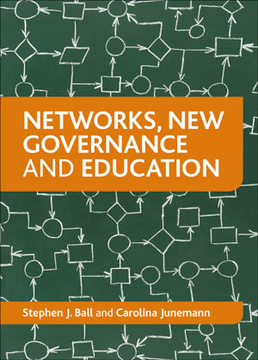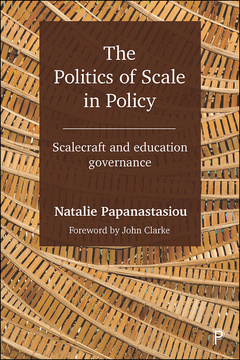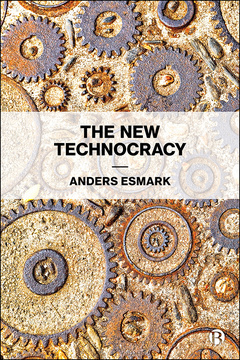Knowledge Alchemy
Models and Agency in Global Knowledge Governance
By Tero Erkkilä, Meng-Hsuan Chou and Niilo Kauppi
Published
May 31, 2023Page count
206 pagesBrowse the series
Transnational Administration and Global PolicyISBN
978-1529214406Dimensions
234 x 156 mmImprint
Bristol University PressPublished
May 31, 2023Page count
206 pagesBrowse the series
Transnational Administration and Global PolicyISBN
978-1529214413Imprint
Bristol University PressPublished
May 31, 2023Page count
206 pagesBrowse the series
Transnational Administration and Global PolicyISBN
978-1529214413Imprint
Bristol University PressThis book introduces the concept of ‘knowledge alchemy’ to capture the generic process of transforming mundane practices and policies of governance into competitive ones following imagined global gold standards. Using examples from North America, Europe and Asia, it explores how knowledge alchemy increasingly informs national and institutional policies and practices on economic performance, higher education, research and innovation.
The book examines how governments around the world have embraced global models of world-class university, human capital and talent competition as essential in ensuring national competitiveness. Through its analysis, the book shows how this strongly future-oriented and anticipatory knowledge governance is steered by a surge of global classifications, rankings and indicators, resulting in numerous comparisons of various domains that today form more constraining global policy scripts.
“A compelling explanation of how higher education has lost its footing in the face of the cult of ranking and rating. Essential reading for all in the global academic community.” Peter Vale, University of Pretoria and Universidade Federal de Santa Maria
Tero Erkkilä is Professor of Political Science at the University of Helsinki.
Meng-Hsuan Chou is Associate Professor and Provost’s Chair in Public Policy and Global Affairs at Nanyang Technological University.
Niilo Kauppi is CNRS Research Professor at the University of Strasbourg.
1. Introduction
Part 1: Indicators, Data, and Models of Global Knowledge Governance
2. Global Rankings of Good Governance and Higher Education
3. Human Capital and the Rise of the Global Talent Competition
Part 2: Scripts, Imaginaries, and Policy
4. Global Imaginaries of Knowledge Governance
5. From the Medieval Scholar to the Global Flows of Academics: Exploring the Emergence, Evolution, and Impact of the “Talent” Imaginary
6. Strategies and Policies for the Global Talent Competition
7. Conclusion










